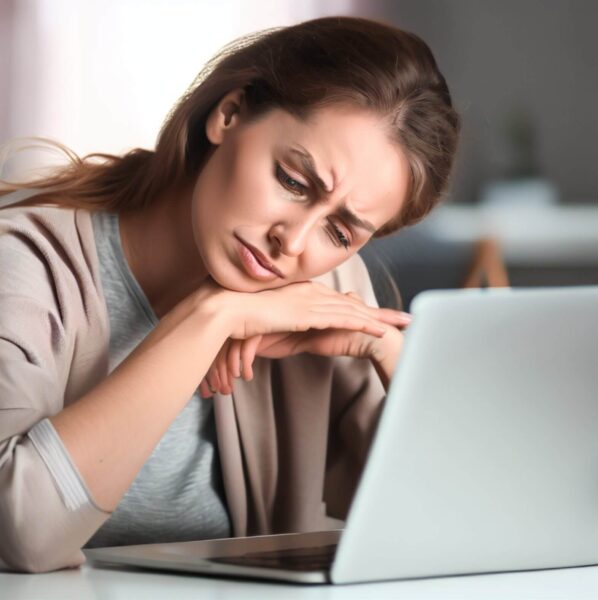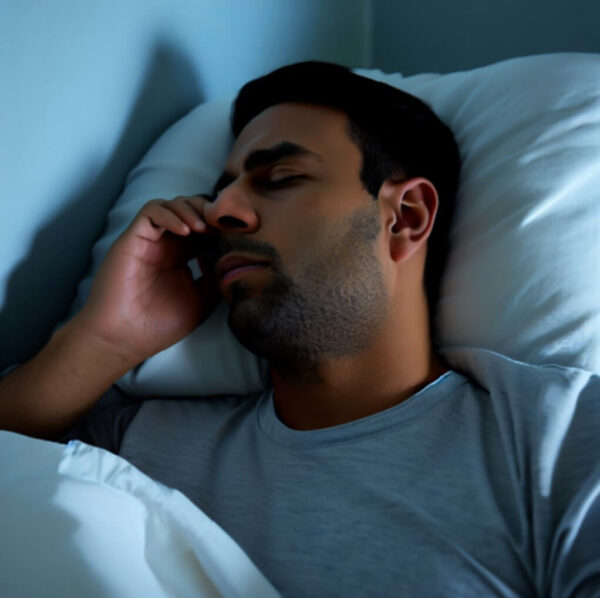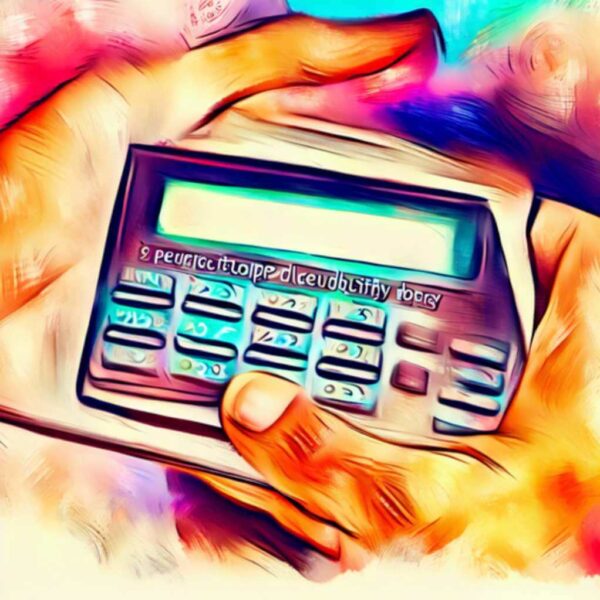The intricacies of sleep and its disruptions
Sleep is not just a simple act of closing one’s eyes and drifting off. It’s a multi-faceted, intricately woven tapestry of processes and cycles, all working together to provide the body with the rejuvenation it requires. An interruption in any of these stages can cascade into a plethora of disruptions in daily life.
Setting the stage: Why understanding this issue matters:
Addressing the phenomenon of sleep apnea bed wetting isn’t merely about nightly comfort; it’s about holistic health, confidence, and well-being. Recognizing and understanding this silent battle lays the groundwork for empathy, support, and meaningful solutions.
Understanding Sleep Apnea
Defining sleep apnea: A brief overview:
Sleep apnea is a pernicious sleep disorder wherein one experiences recurrent interruptions in breathing during slumber. These gaps can last a few seconds or even minutes, resulting in a jarring disruption of the sleep cycle.
Common symptoms and signs to watch out for:
While snoring is the most stereotypically associated symptom, others such as fatigue, difficulty concentrating, and morning headaches should not be dismissed. Nightly awakenings and feeling out of breath can also be indicative markers.
Why sleep apnea can be the silent disruptor of rest:
Sleep apnea often goes undiagnosed, as many of its symptoms align with other conditions or daily fatigue. This clandestine nature makes it a pervasive threat to sound, restorative sleep.
Diving Deeper into Bed Wetting
What is nocturnal enuresis (bed wetting)?
Nocturnal enuresis, commonly termed bed wetting, is the unintentional release of urine during sleep. While commonly associated with children, it’s not exclusive to them, and its occurrence in adults can be particularly distressing.
Common misconceptions surrounding adult bed wetting:
Many falsely believe it’s a result of laziness or a psychological issue. However, numerous underlying medical and physiological causes can trigger it. It is imperative to approach the subject devoid of judgment.
Emotional and physical impacts:
The repercussions are not just dampened sheets. Emotionally, it can lead to shame, anxiety, and a diminished sense of self-worth. Physically, recurrent skin infections and discomfort become looming threats.
The Overlapping Pathways: Sleep Apnea and Bed Wetting
Physiological link between sleep disturbances and bed wetting:
The brain and body’s response to interrupted breathing can sometimes result in a relaxation of the bladder, leading to nocturnal enuresis.
How interrupted breathing can lead to nocturnal enuresis:
As the body jerks awake from an apnea episode, there’s a sudden drop in the abdominal pressure, which can, in some instances, trigger the bladder to release urine involuntarily.
Research findings on the co-occurrence:
Several studies elucidate a notable co-relation between the two conditions, emphasizing the importance of holistic diagnostic approaches.
Risk Factors and Common Triggers
Lifestyle habits that exacerbate both conditions:
Alcohol consumption, smoking, and certain dietary choices can aggravate both sleep apnea and bed wetting, making it crucial to evaluate daily habits.
Medical conditions that might link the two:
Conditions like diabetes, urinary tract infections, and even certain neurological disorders can bridge the chasm between sleep apnea and nocturnal enuresis.
The role of medications and their side effects:
Certain drugs, especially diuretics and antihypertensives, may exacerbate bed wetting by increasing urine production or altering sleep patterns.
Emotional Toll and Well-being
Navigating the societal stigma of bed wetting:
Society often views bed wetting through a prism of childhood or weakness. Dispelling these myths and advocating for understanding is vital for those suffering.
The mental health implications of chronic sleep disturbances:
Chronic sleep interruptions not only erode physical health but can also lead to depression, anxiety, and a downward spiral in overall mental well-being.
Stories of real individuals and their journeys:
From despair to hope, understanding real-life accounts can be a beacon for many, emphasizing the power of resilience and the human spirit.
Diagnostic Avenues
The importance of a thorough medical checkup:
It’s not about isolating symptoms but connecting the dots. A comprehensive examination can unearth underlying causes and provide actionable insights.
Tools and tests for sleep apnea:
From sleep studies (polysomnography) to at-home tests, there’s an array of diagnostic tools available, tailored to individual needs.
Evaluating the severity and cause of bed wetting:
Understanding triggers, frequency, and accompanying symptoms is imperative in devising a targeted treatment approach.
Treatment Options to Consider
Lifestyle adjustments for a better night’s sleep:
This can range from simple habits like reducing fluid intake before bedtime to more involved measures such as positional therapy.
Medical interventions for sleep apnea:
Continuous Positive Airway Pressure (CPAP) devices have revolutionized sleep apnea treatment, with other surgical and non-surgical options also available.
Approaches to manage and reduce bed wetting:
From bladder training exercises to medications like Desmopressin, there’s hope and help available.
Preventive Strategies
Creating a sleep-conducive environment:
Ensuring a dark, quiet, and comfortable environment can work wonders for uninterrupted sleep.
Tips for reducing the odds of bed wetting episodes:
Regular bathroom trips, monitoring fluid intake, and even certain pelvic exercises can aid in reducing instances.
The role of hydration and evening routines:
While reducing nighttime fluids is advised, maintaining overall hydration is crucial. Structured evening routines can also set the stage for a peaceful night.
Conclusion
Embracing a comprehensive approach to treatment:
Addressing sleep apnea bed wetting is not a linear path but a journey, demanding a holistic approach.
Finding support and building resilience:
Community, understanding, and self-compassion are paramount in navigating this journey.
The path forward: Taking control of your sleep journey:
With knowledge, empathy, and proactive measures, it’s possible to reclaim the night, ensuring restful sleep and renewed confidence.






